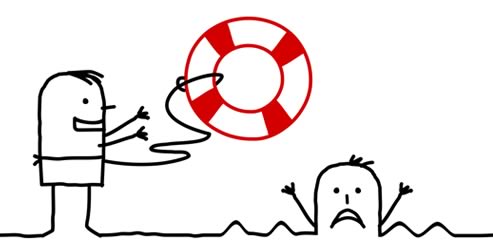
The Ohio Columbus Dispatch spent nine months examining the suicide crisis that has arisen in part by a broken mental healthcare system. I was unaware that the incidence of every disease has declined in this country except for mental illness.
Suicide claims more people age 15-24 than you realize.
The newspaper’s fifteen-minute video invites us to pay attention to the subject of depression. We don’t want to hear about it—but we need to.
In a recent five-minute radio spot on NPR’s Here and Now program, Dr. Lisa Dixon, Professor of Psychiatry and Center for Innovations at Columbia University Medical Center, says there are more than 2 million schizophrenics in the US. Her program (OnTrack NY) is showing success where others are failing. What is she doing differently? One thing: Her program allows the individual to take an active part in mapping out their medical/counseling protocol rather than simply being handed a prescription.
Mental illness seems to be a priority only when it affects our own family
But mental illness IS affecting your family. Young people aren’t just killing themselves—they are killing innocent people like you—as well. Maybe this fact, and the plain ol’ fear that comes with it, will drive funding for mental illness to match that of other diseases.



